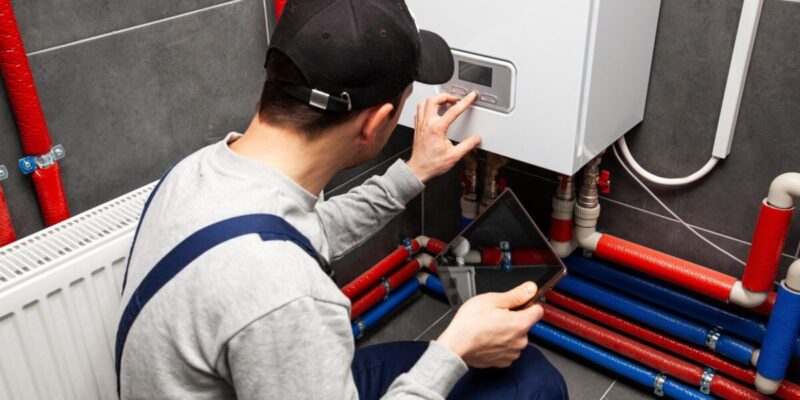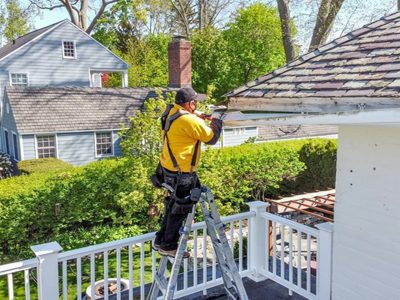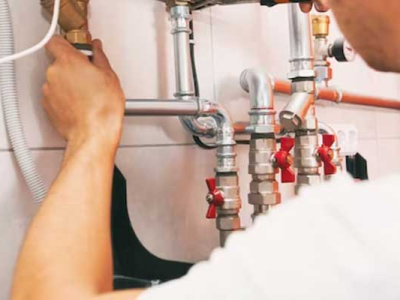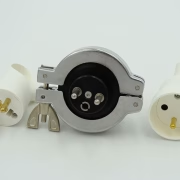As temperatures drop, many homeowners discover their heating systems aren’t performing as efficiently as expected. This inefficiency leads to uncomfortable living conditions and significantly impacts monthly energy bills. Understanding why your heating system struggles and how to address these issues can restore comfort to your home while reducing unnecessary energy expenditure. Most efficiency problems stem from common, identifiable causes that range from simple maintenance oversights to more complex mechanical issues.
Common causes of heating inefficiency
Several factors contribute to diminished heating system performance, with some being easier to address than others:
- Clogged or dirty filters – Filter obstruction is the most common and easily remedied cause of heating inefficiency. When filters become clogged with dust, pet hair, and other particles, they restrict airflow, forcing your system to work harder while delivering less heat.
- Thermostat issues – Improper settings, calibration problems, or outdated technology can prevent your system from operating optimally. Even a thermostat’s location can impact efficiency if placed near drafts or heat sources that don’t reflect your home’s overall temperature.
- Inadequate insulation – Your heating system may function perfectly, but your home’s insufficient insulation allows heat to escape through walls, windows, attics, and crawl spaces. This forces your system to run continuously without achieving comfortable temperatures.
- Leaky ductwork – The Department of Energy estimates that typical homes lose 20-30% of heated air through leaks, holes, and poorly connected ducts. This substantial loss means your system works significantly harder while delivering less comfort.
- Improper system sizing – Many homes have heating systems that are either too large or too small for the space. Insufficiently sized systems turn on and off frequently without adequately heating your house.
Identifying efficiency problems
Before implementing solutions, confirm your system truly has efficiency issues by looking for these telltale signs:
- Uneven heating – Noticeable temperature variations between rooms suggest distribution problems in your system.
- Steadily increasing energy bills – If your heating costs rise despite similar usage and fuel prices, your system will likely lose efficiency.
- Frequent cycling – Heating systems should maintain relatively consistent operation. Frequent turning on and off indicates potential thermostat issues or improper sizing.
- System age – Most heating systems lose efficiency after 10-15 years, even with proper maintenance. If your system falls in this age range, declining performance is expected.
- Excessive dust – Poor filtration often manifests as increased dust throughout your home, particularly near vents.
Professional maintenance and repairs
While DIY efforts help, specific efficiency issues require professional attention. Annual professional maintenance typically includes:
- Clean burners and heat exchangers
- Lubrication of moving parts to reduce friction
- Tightening of electrical connections
- Checking system controls and safety features
- Inspection of gas or oil connections and pressure
Service Relief – Plumbing, Heating, AC & Drain Cleaning conducts detailed heating system evaluations to detect potential efficiency concerns early. Their technicians can perform advanced diagnostics like combustion analysis and duct leakage testing, pinpointing hidden efficiency losses that DIY methods can’t detect. Maintaining vigilance over the performance of your heating system can improve efficiency, reduce energy costs, and extend equipment life while providing consistent comfort throughout your home.
Name : Service Relief – Plumbing, Heating, AC & Drain Cleaning
Address : 195 Adams St, Manchester, CT 06042
Website : https://servicereliefnow.com/
Phone : (860) 222-7139










Comments